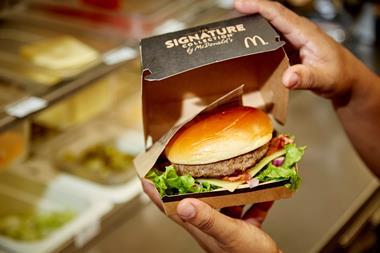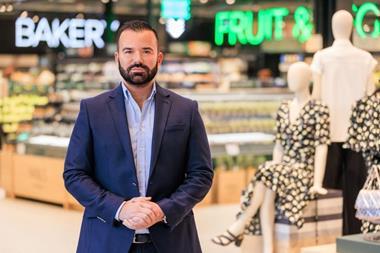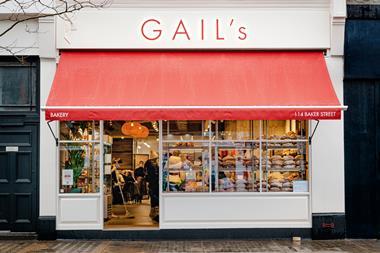Many of the nationals have covered a warning from the IMF that Britain needs stronger growth or to reform tax or spending plans to stabilise its public finances

Many of the nationals have covered a warning from the IMF that Britain needs stronger growth or to reform tax or spending plans to stabilise its public finances. The UK economy will need to grow at three times this year’s expected rate to avoid a hole in the public finances, reports The Financial Times. GDP growth will need to reach 2.6% per fiscal year from 2025-26 in order to stabilise the public debt without extra tax rises or spending cuts, according to IMF staff.
Total public debt across the world will top $100 trillion (£77 trillion) for the first time by the end of this year, with the IMF chiding countries that have failed to reduce their debt burden (The Daily Mail).
Therefore, chancellor Rachel Reeves must push ahead with tax increases and reform government spending in the upcoming budget to stabilise the UK’s public finances, the IMF has warned (The Times).
The IMF warning means Reeves must slash government spending to get debt down (The Telegraph).
BrewDog founder and former CEO James Watt has attacked plans by Chancellor Rachel Reeves to raise capital gains tax, reports The Telegraph. Watt, who the title says would be due a major windfall in the event of a BrewDog IPO, said a large increase in capital gains tax would “destroy entrepreneurial spirit in the UK and in turn severely damage our economy”. The former BrewDog boss told The Telegraph he wished to remain in the UK, but was “disillusioned” after 14-years of Conservative government.
Writing on LinkedIn, Watt said if capital gains tax were to increase significantly in the budget, entrepreneurs would “simply leave the UK to build businesses and create jobs elsewhere” (The Times).
The department store chain Fenwick has reported its seventh year of losses. The family-owned group said it almost halved losses to £38m in the year to January, as sales fell by 3% (The Guardian).
The eight site-strong department store chain blamed the cost-of-living crisis and a “changing retail environment” for the fall in sales (CityAM).
John Lewis is to push further into finance by brining back personal loans for its customers. It has struck a deal with digital bank Zopa to offer the loans of between £1,000 and £35,000 on its website. It comes as other retailers including Sainsbury’s scale back banking services (The Telegraph).
Walgreens Boots Alliance, the owner of high street retailer Boots, is to shut 1,200 stores in the US over the next three years (The Guardian).
The US arm of the high street pharmacy chain is battling a slowdown in consumer spending and low drug reimbursement rates (The Times).
Finally, The Independent has an exclusive with potential ramifications for foodservice, as it reveals an open letter from Tim Spector and 1,000 ‘health experts’ who are calling on the NHS to make vegan food standard in UK hospitals. The letter argues offering patients mostly plant-based meals would save £74m a year while providing healthier food and helping cut food-related greenhouse gas emissions by up to half.



















No comments yet